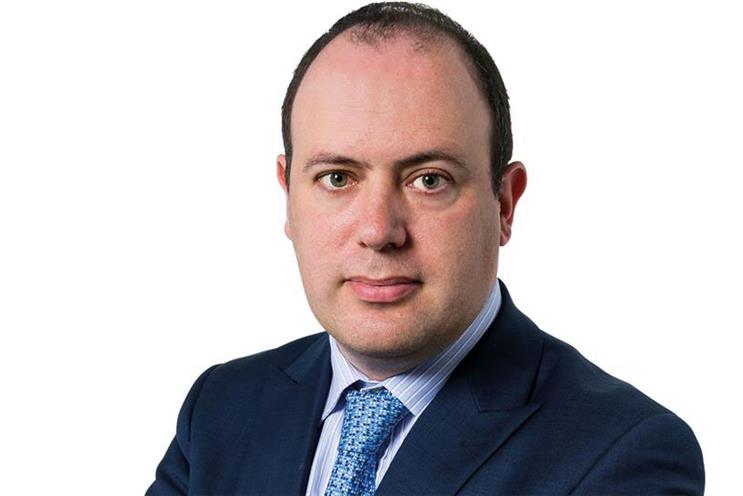Look at the about the secret offshore banking arrangements of the rich and powerful, revealed this week by the International Consortium of Investigative Journalists, or The Sunday Times’ recent allegations about corruption and doping in sport.
Sir Peter Bazalgette, the incoming chairman of ITV, went so far as to suggest last month on BBC Radio 4 – apropos of the closure of the Independent print titles – that news always needs subsidy or philanthropic support. Profit, he implied, was little more than a chimera.
That isn’t true. Lots of news organisations, from the Daily Mail to The Economist, make a profit. But it’s tough as print circulation and advertising keep declining.
The great challenge is online because it has yet to fulfil its promise. The costs of distribution have dropped practically to zero but the value of content is falling in the same direction.
As Nick Baughan, the chief executive of Maxus, argues on this page, news organisations and content creators run the risk of being sucked into an ad-funded universe where "all impressions are equal, not dependent on the quality of content".
Put another way: scale is not everything. Every publisher looks niche compared with Facebook and Google. That is why content owners are increasingly talking about investing in quality and seeking ways to retain or regain control of the distribution of their content to maintain its value. The audience might be smaller but it is more likely to be profitable.
Subscription-funded content businesses look stronger than those wholly dependent on digital advertising. Think about Bloomberg, The Times’ online paywall and Netflix – they are not interested in scale for scale’s sake.
The flight to quality is a seductive idea, especially for legacy media businesses that are struggling to ensure they have a sustainable future. "Our strategy of moving ever-more upmarket has got to be the right one," Ashley Highfield, the chief executive of Johnston Press, says ahead of his completion of the purchase of i on 10 April.
But there is only so much room at the "quality" end of the market, and it requires investment. That has hardly been a strong suit for some publishers, which have made endless cuts and want to save money by "templating" – using the same layout and simple news stories to fill a paper on a daily basis, with fewer journalists.
Consumers won’t be fooled if they are expected to pay for quality. Advertisers would help themselves, and the news business, if they cared about content as well as audiences.



